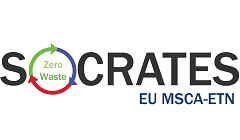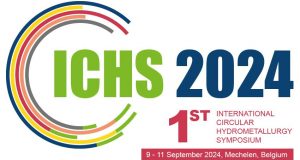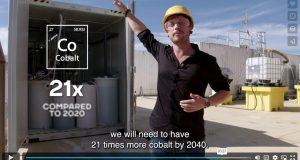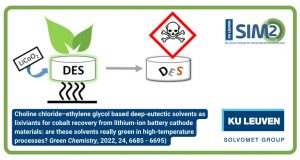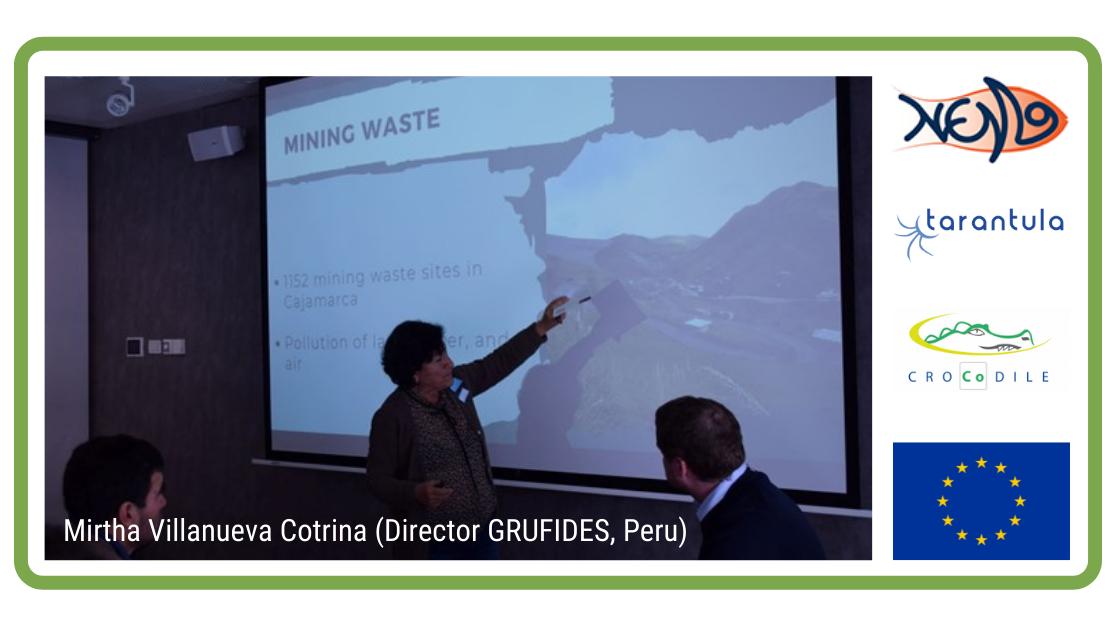“Ensuring that ‘Social License to Operate’ (SLO) is Adaptive and Resilient” is the topic of a workshop organized on 5-6 June 2019 by the MIREU project. After the workshop, the NEMO, CROCODILE and TARANTULA projects team up for a clustering event on SLO in which they review the lessons learned from MIREU. Participants coming from academia, industry, government and civil society are invited for an interactive debate. Below the full programme of the MIREU-workshop is presented, followed by a short description of the different sessions. (PW/PTJ, Leuven, 28/5/2019)
Discussing lessons learned about the ‘Social License to Operate’: First meeting of the high level expert panel on SLO (June 6, 2019)
On Thursday June 6 at 12h30 the clustering session of the NEMO, CROCODILE and TARANTULA project starts with a networking lunch. After lunch, the key lessons learned from MIREU are presented. Next, the NEMO, CROCODILE and TARANTULA projects introduce a spicy and interactive debate. Participants from industry, government, academia and civil society confront their experiences with SLO and blend the sweet, salty, sour and (possibly) bitter tastes into several key directives. These directives serve as the way forward for the projects: the session closes with the formation of a high-level multi-stakeholder transition arena which will continue the discussion on SLO the coming years.
The session takes place in Brussels (Belgium) and is organized by the EU-projects NEMO, CROCODILE and TARANTULA in collaboration with the MIREU project. [The MIREU project aims to establish a network of mining and metallurgy regions across Europe, that will help the regions to share knowledge and experiences when facing the challenge to establish and maintain an extractive industry.] Interested participants can contact Piet.Wostyn@kuleuven.be
The MIREU workshop starts at noon of Wednesday June 5 with an opening conversation on “Politics beyond parliaments – curse or blessing?”. Here, panelists and participants will discuss if and how large social and political movements such as "Fridays for Future" can be embraced within Europe’s existing legal and governance structure. These movements of community empowerment in Europe seem to be growing stronger, but (how) does this influence the concept of ‘Social License to Operate’?
In a first session after the opening conversation, the misunderstandings on how the mining industry presents itself in Europe and how is it perceived by society are addressed. We start from the idea that Europe’s mining sector aligns itself with the sustainability agenda through concepts such as the circular economy, the coming energy and resource transition, a zero-waste economy, etc. But ironically, these concepts also cause misunderstandings within society, most notably that no more mining or smelting would be needed. This is demonstrated by analyzing the current debate on the ban of lead: while the EU aims for a ban on lead, it is a necessary carrier element for many Critical Raw Materials (CRMs). Therefore, lead-metallurgy is fundamental for a true circular economy.
In the second session, the European strategies on ‘Social License to Operate’ are discussed. It is clear that there are many different European approaches to SLO, from government initiatives at the regional and national levels to industry strategies. But not every attempt at furthering SLO is successful. The education initiative of the region of Saxony is evaluated via a SLO SWOT analysis. The session closes with an overview of the key findings from a 5-month case study on the various industry practices in both Cornwall and Bulgaria.
At the end of day 1, an SLO Board Game will be tested by the participants.
The second day starts with the third workshop session which puts SLO in the global context and questions whether this is a costly luxury for Europe or a new common global standard for mining. Here, the participants discuss if we should consider SLO as a support of a barrier for mining in Europe, China, and Latin America. Can Europe be a frontrunner in SLO or is it suicidel for its industry?
Finally, the fourth and last session of the workshop explores the way forward: SLO as rules of engagement. There is a growing consensus in Europe that SLO should provide a framework complementary to the existing legislation within which society, government and industry can work together to prevent and/or solve issues. It is acknowledged that too much uncertainty exists in the system and that all actors want more clarity about what is (un)acceptable. How do we combine the strong demand for reliance on existing legislation with the requested flexibility for innovative solutions?
|
Full programme – MIREU workshop: Wednesday June 5, 2019 12:00-13:00 Welcome lunch and registration 13:00-14:00 Opening conversation: Politics beyond parliaments – curse or blessing? 14:00-15:30 Session 1: Misunderstandings – how does the mining industry present itself in Europe and how is it perceived by society? 15:30-16:00 Coffee break 16:00-17:30 Session 2: European SLO strategies – What works, what doesn’t? Possible testing of the SLO Board Game. Dinner 19:30pm (offered by the Geological Survey of Finland – GTK) Atrio Restaurant (Finnish-Italian)
MIREU workshop: Thursday June 6, 2019 8:45-9:00 Welcome and summary of Day 1 9:00-10:30 Session 3: SLO in the global context – a costly luxury for Europe or a new common global standard for mining? 10:30-11:00 Coffee break 11:00-12:30 Session 4: The way forward – SLO as rules of engagement
Clustering session NEMO, CROCODILE, TARANTULA 12:30-13:30 Lunch (provided by KU Leuven on behalf of the projects NEMO, CROCODILE, + TARANTULA) 13:30-16:00 State of the art, lessons learned and the way forward for SLO in the EU (optional session with the H2020 projects NEMO, CROCODILE and TARANTULA)
|
